Huh?
No worries about what these things are called, but these tricks can be helpful when searching OneSearch, Library Databases, and even Google!
Peanut butter AND jelly= Searches for both concepts
Peanut butter OR jelly= searches for peanut butter OR jelly- only one of the 2 needs to be present in the results
Peanut butter NOT jelly= Excludes jelly- like if you are really exclusively trying to get to peanut butter, but get irrelevant results about the sandwich.
"Peanut butter" = Searches for these two words together. In the above example (without the "") the system might give you results like:
Peanut agriculture vs the butter industry
"" is helpful when there's a concept that is 2 or more words.
"peanut butter sandwich*"
This will include any letters that might come after sandwich like sandwiches
Another example: liter* (literacy, literature, literate, etc.)
Below are a few examples of advanced searches.
Notice how they are broken down into 2-3 concepts using just the essential keywords:
| "animal rights" OR "animal ethics" OR "animal welfare" |
| zoo* |
|
vegan* OR vegetarian |
| "animal rights" OR "animal ethics" OR "animal welfare" |
| indigen* |
| animal* |
| sentience OR consciousness OR emotion* |
Following the instructions not only helps you complete the assignment in line with your professor's expectations, but it can also save you from doing too much!
If a rubric or examples are provided, scour those as well! These are maps to how to present your assignment.
If you are choosing a topic, is it too broad or too narrow?
An example of too broad: A paper on shared memory.
This is more of a topic for a whole book- or several books!
An example of too narrow: How is shared memory demonstrated within the Brooklyn College anime club?
Though this is interesting, and could possible be done, it isn't a practical topic for a semester long course research assignment as there is likely very little previous research done on this very specific topic for you to draw on.
